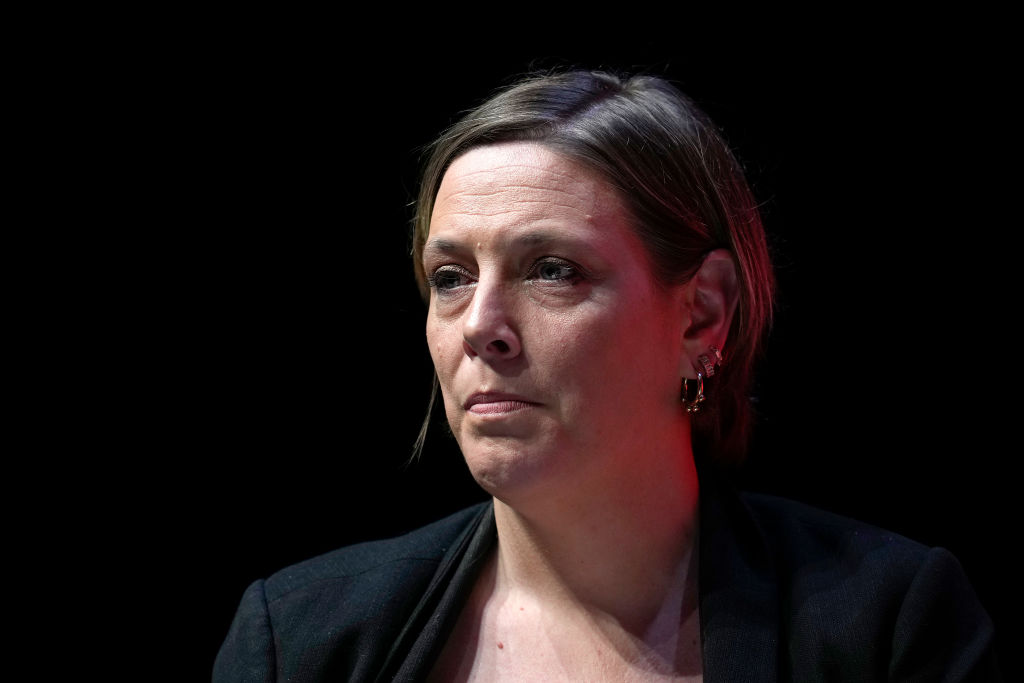Last week, I wrote that Labour, during half a year in office, has launched a staggering 67 reviews and consultations, as well as “a new quango every week since coming to power”.
But it seems there is such a thing as an inquiry too far. Yesterday, it was reported that Safeguarding Minister Jess Phillips had formally rejected repeated requests for a Home Office-led inquiry into Oldham’s historic rape gangs scandal, following a request by the local council. X owner Elon Musk then called for Phillips to be jailed as a result.
Phillips acknowledged the strong sentiment that a further inquiry into child sexual exploitation in Oldham should be conducted, but said that “it is for Oldham Council alone to decide to commission an inquiry into child sexual exploitation locally, rather than for the Government to intervene.”
A less charitable interpretation might point to self-preservation: despite her vocal opposition to violence against women and girls, Phillips may be worried about opening herself up to allegations of Islamophobia after nearly losing her seat to a pro-Gaza independent candidate last year. Meanwhile, Deputy Prime Minister Angela Rayner’s seat of Ashton-under-Lyne previously covered part of Oldham, and Jim McMahon, the Local Government Minister, served as a councillor on the authority from 2003 and as leader between 2011-16.
The reasons for refusing a Government intervention can be disputed, but it cannot be disputed that it is reprehensible. The case for a centralised inquiry is clear: while this request was for Oldham alone, there has been a rape gang scandal in over 50 British towns and cities. This is a staggering scale of depravity, and most cases are marked by close resemblances in their systematic nature. The demographics of the rapists are often disproportionately men of Pakistani origin and their victims are particularly vulnerable young girls, often in social care. There have been large-scale cover-ups within ethnic communities, social services, police forces and council authorities.
Politicians have taken to passing laws named after victims — such as Martyn’s Law, Clare’s Law, Harper’s Law — to ensure the often appalling and nightmarish circumstances of their deaths never happen again. By contrast, it seems like politicians cannot wait to forget the victims of Britain’s grooming gang epidemic.
While there have been isolated inquiries, such as the Jay Report and a 2013 report by the Home Affairs Committee, these have not provided sufficient answers. But a report solely into the events in Oldham will arguably suffer from the same issue, as will any report provided by a council reporting on its own conduct. Given that many of those involved may still be serving, it will be difficult to name the individuals at fault.
Rather than treating each gang as a separate problem, the Government should launch an inquiry that deals with the disturbing phenomenon as a whole. It should treat this as what it is: a national problem, not isolated incidents. It should provide the resources, authority and backing necessary to deal with the crisis as such and tackle the institutional cover-ups which happened time and time again, regardless of the council area responsible.
If politicians want to look us in the face and promise “never again”, as they seem so keen to do on so many other issues, the inquiry must identify the exact names and positions of those responsible for cover-ups. Every single one should be named, fired, disbarred from public office and tried, not just pour encourager les autres but to provide justice for the thousands of vulnerable women and girls who were failed. That alone is not enough, though. We must establish RICO-like laws to allow for individual prosecutions of those abetting the gangs and, given the role of multiple police forces already established in cover-ups, authority should be handed to domestic intelligence agencies. A stain so large on the soul of our nation requires a national clean-up.











Join the discussion
Join like minded readers that support our journalism by becoming a paid subscriber
To join the discussion in the comments, become a paid subscriber.
Join like minded readers that support our journalism, read unlimited articles and enjoy other subscriber-only benefits.
Subscribe